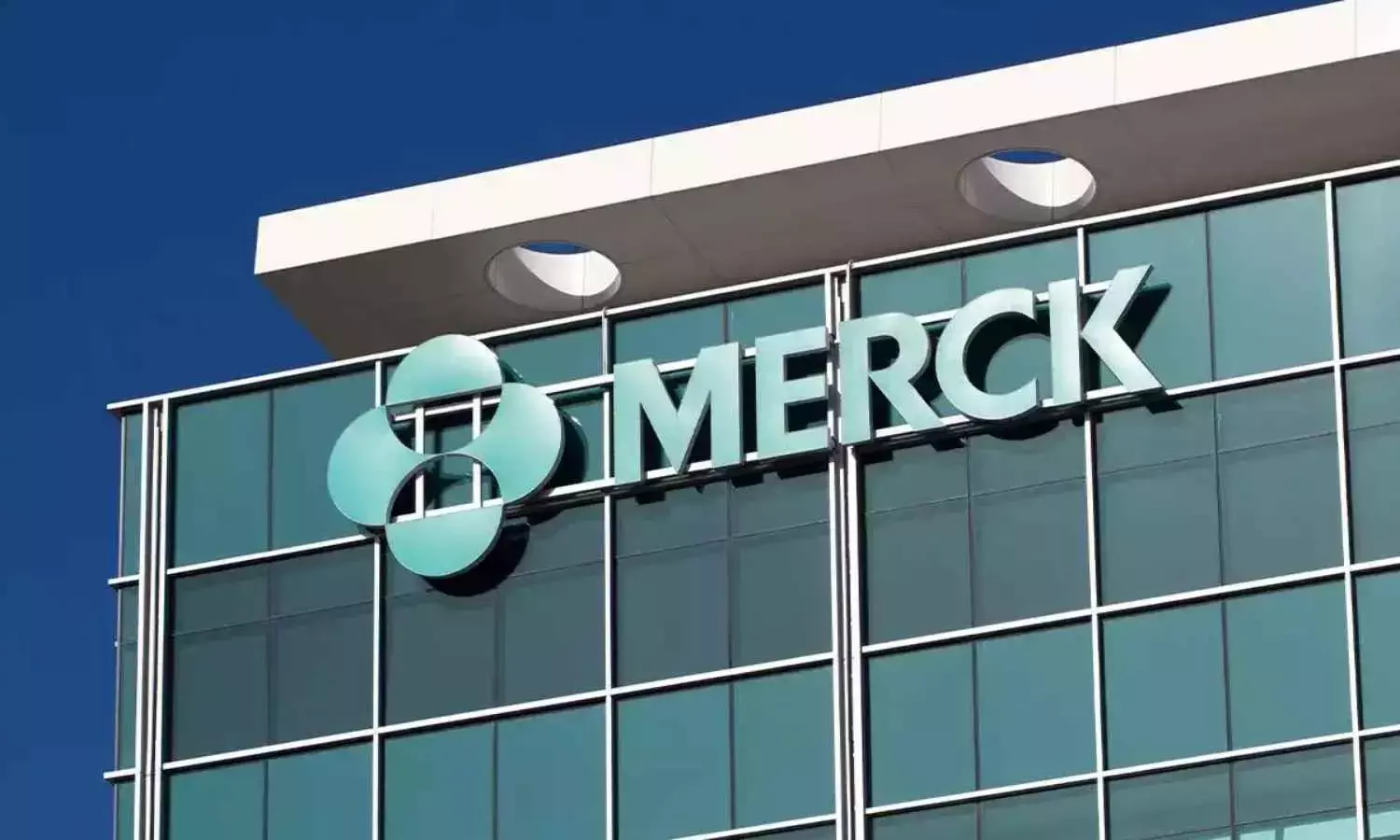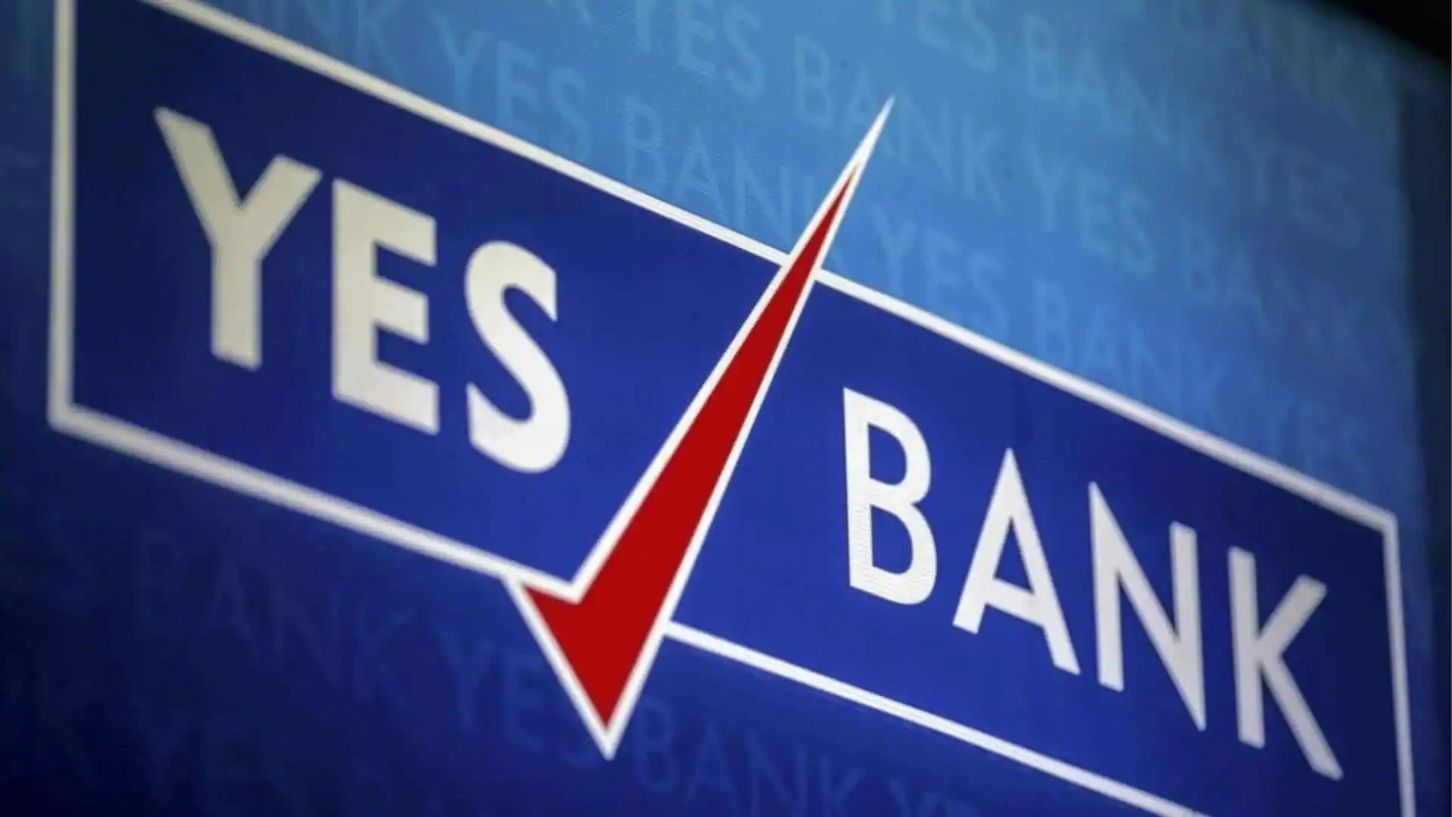Merck & Co., one of the world’s largest drugmakers, reportedly made a nonbinding offer exceeding $3 billion to acquire Swiss biotech company MoonLake Immunotherapeutics. This news led to a sharp rally in MoonLake’s U.S.-listed shares, which jumped by nearly 30% following the report.
MoonLake, founded in 2021, had a market value of around $2.6 billion before the report, so Merck’s offer represented a significant premium.
Though MoonLake reportedly rejected the initial offer, sources suggest talks could resume, especially if upcoming trial data are positive.
Why Merck Is Interested
1. Patent Expirations on Key Drugs
Merck faces looming patent cliffs on two of its biggest-selling medicines: Keytruda (a cancer immunotherapy) and the Gardasil vaccine. Both drugs are set to lose exclusivity around 2028, which could lead to major revenue declines.
Keytruda alone contributed nearly half of Merck’s total sales, making diversifying their product line a strategic necessity.
2. MoonLake’s Drug Pipeline
MoonLake doesn’t have any authorized pills yet, but it’s advancing a promising “nanobody” candidate called sonelokimab (SLK) through late-stage (Phase III) trials for conditions like hidradenitis suppurativa and psoriatic arthritis.
This molecule targets IL‑17A/F proteins involved in inflammation. Analysts believe SLK could outperform similar drugs due to its smaller size and higher binding affinity.
3. Strategic Fit in Immunology
Merck has expressed interest in expanding beyond oncology into areas like immunology, vaccines, and cardiometabolic diseases. Acquiring MoonLake adds a late-stage immunology asset that complements this strategy.
What’s Next
September’s Trial Data Key
MoonLake expects to release top-line results from three Phase III trials of SLK in hidradenitis suppurativa around September. Analysts, including RBC’s Brian Abrahams and Wedbush’s Yun Zhong, are optimistic, calling SLK a “near-zero risk” candidate to meet endpoints.
Positive results could solidify Merck’s interest or even attract other bidders.
No Deal Yet—But Talks Could Continue
Despite rejecting the initial Merck bid, MoonLake’s strong positioning means negotiations might restart, especially post-trial data. Other potential acquirers may also enter the mix.
Market Reaction
MoonLake’s stock surged between 20%–31%, climbing above its 200‑day moving average for the first time since February.
Merck’s stock remained relatively flat, down about 1%–2 % in response.
Why It Matters
For Investors
MoonLake investors could see a sharp upside if Merck makes another offer or if SLK trial data impresses.
Merck investors gain reassurance that the company is actively working to fill the revenue gap from soon-to-expire blockbuster drugs.
For the Pharma Industry
This deal highlights the trend of big pharma buying biotech, especially late-stage assets, to boost pipelines.
Other recent deals, like Sanofi’s $9.5 billion acquisition of Blueprint and BMS’s collaboration with BioNTech, show transaction activity remains strong in strategic pockets.
Understanding Nanobodies
Sonelokimab is a novel nanobody, a small-sized antibody fragment (~40 kDa) made of 3 linked domains. Because they can penetrate deeper into tissue, they may work better for conditions like skin and joint inflammation.
MoonLake acquired the drug from Merck KGaA in 2021, agreeing to pay up to €307 million in milestones plus royalties if it reaches the market.
Possible Deal Size
Analysts think Merck might need to offer well above the $3 billion initial valuation. As MoonLake’s stock rose above its $3.2 billion market cap, Canaccord’s Edward Nash said the final price might be “much higher” than the current market cap.
Bottom Line
Merck’s $3 billion-plus nonbinding bid for MoonLake ignited a major rally in the biotech’s stock, spotlighting the strategic race to shore up pipelines ahead of the loss of exclusivity on major drugs like Keytruda. MoonLake’s lead asset, sonelokimab, is now at the center of attention, with pivotal Phase III data expected in September.
If the effects are nice, we ought to see renewed interest from Merck or other pharmaceutical companies, probably triggering a competitive bidding process. For both investors and the wider biotech area, those trends will install an essential inflection point by the end of this year.



